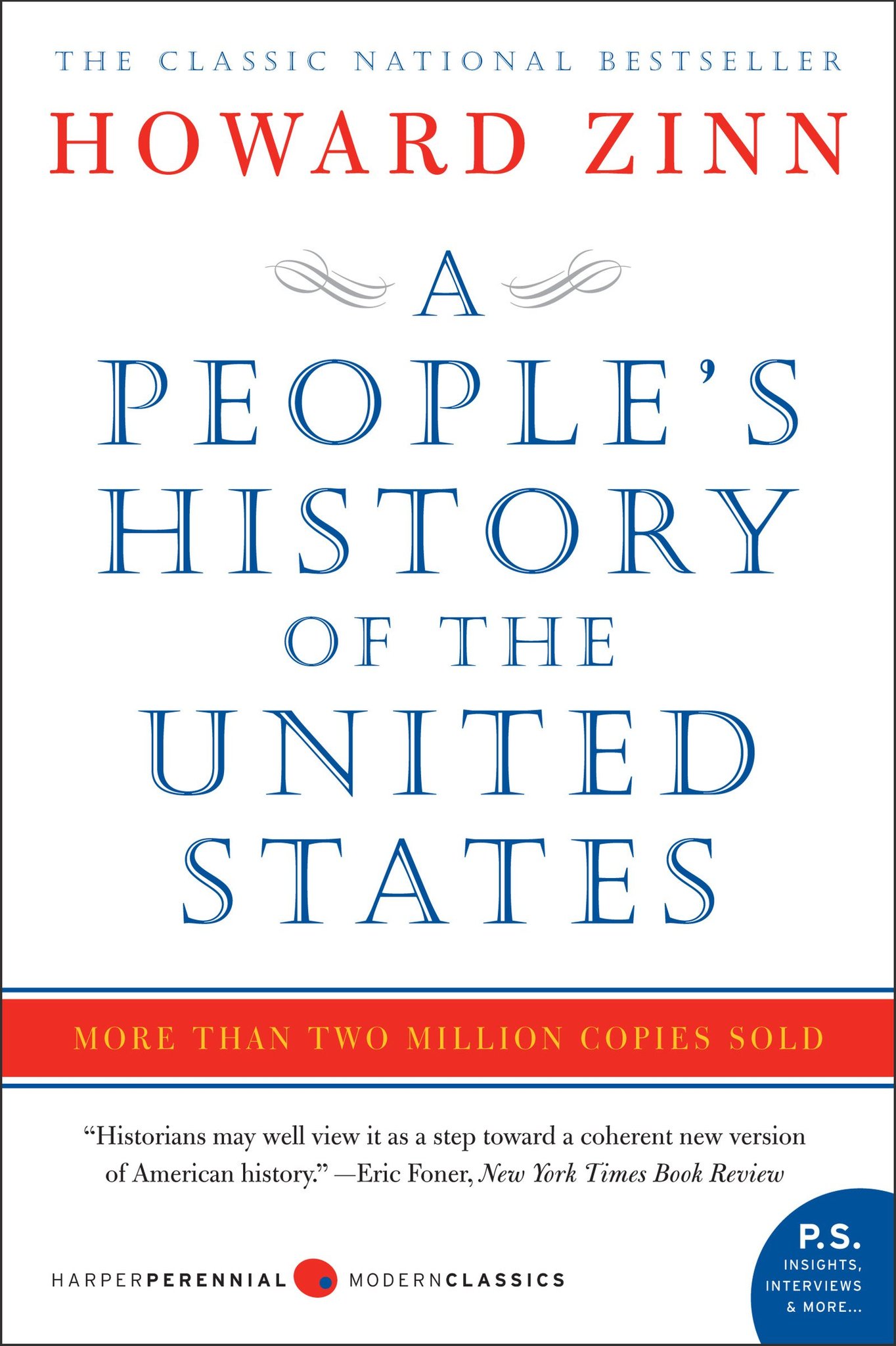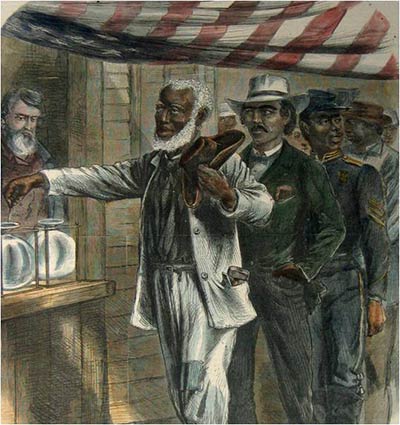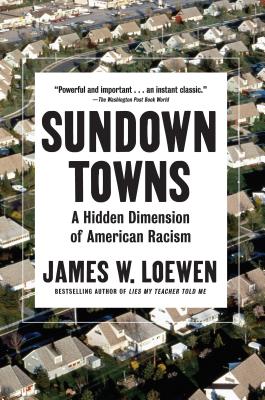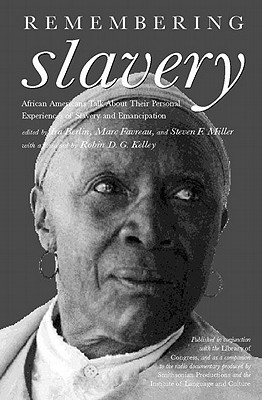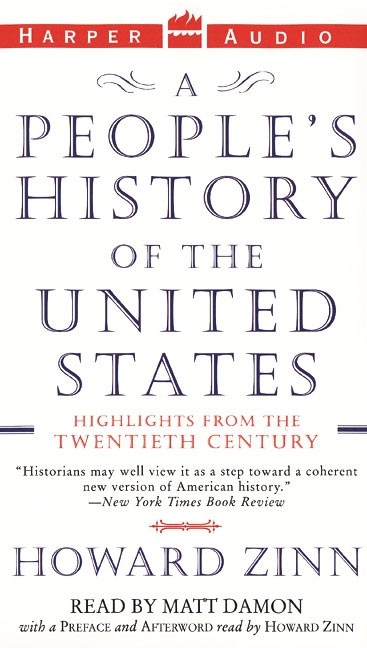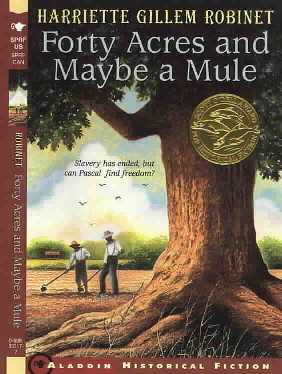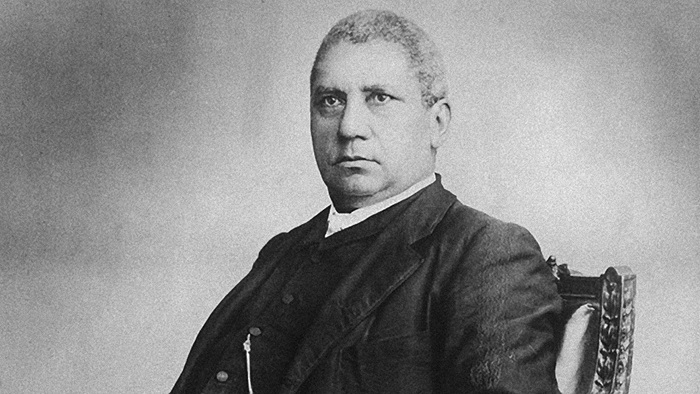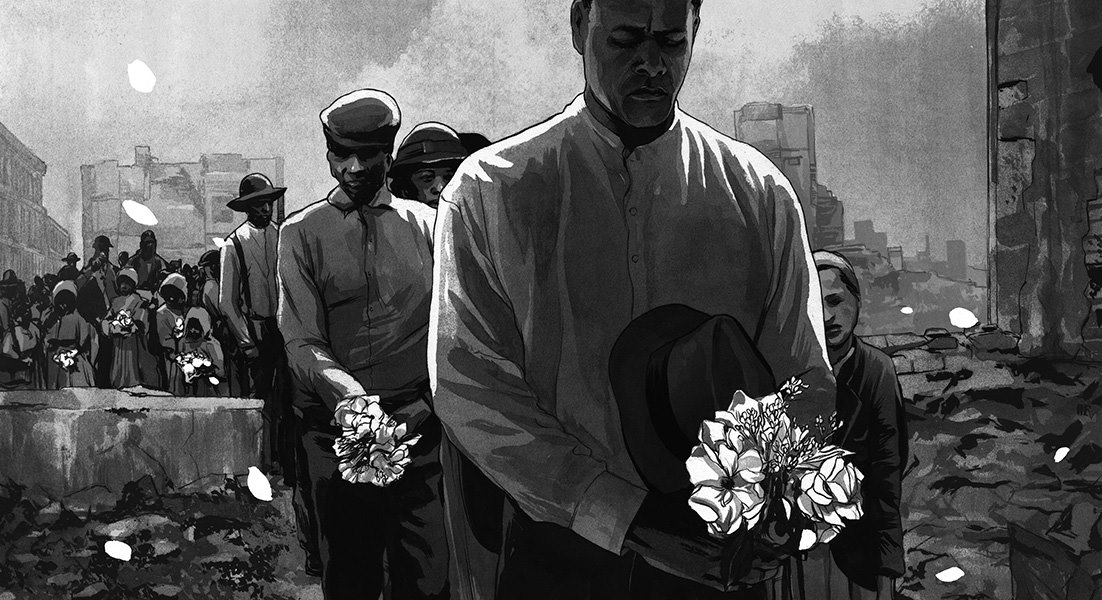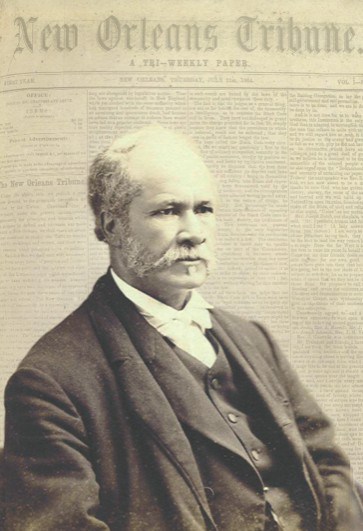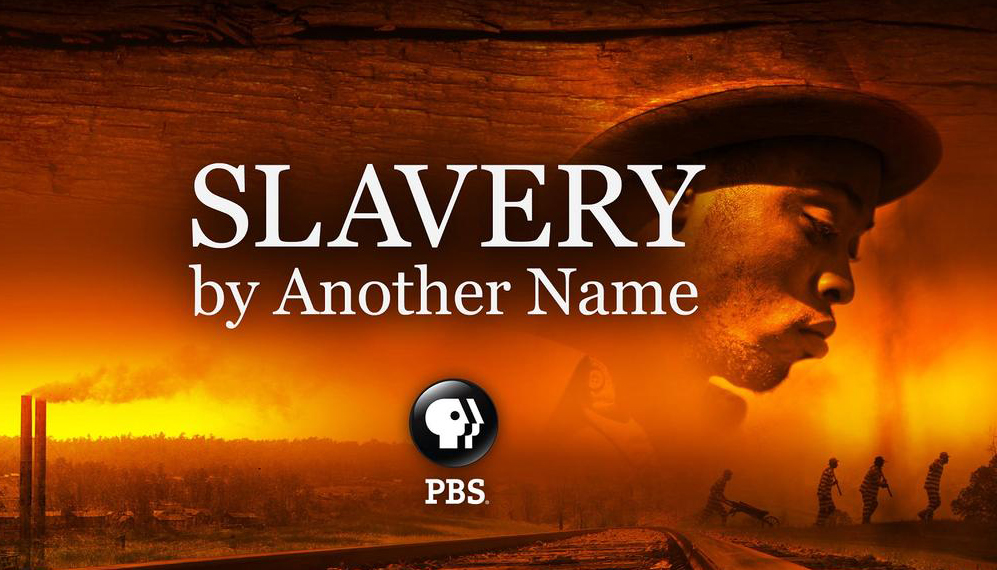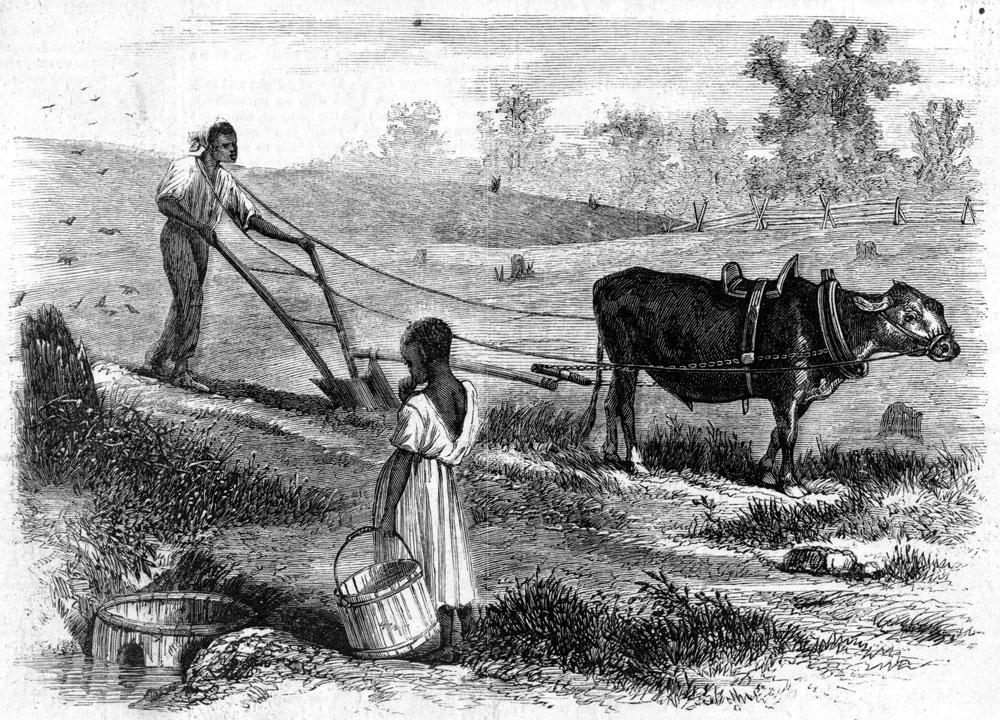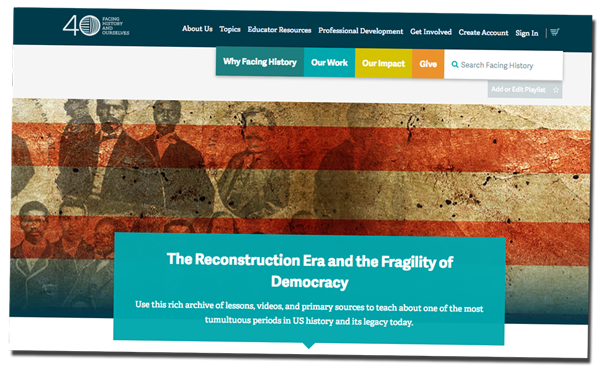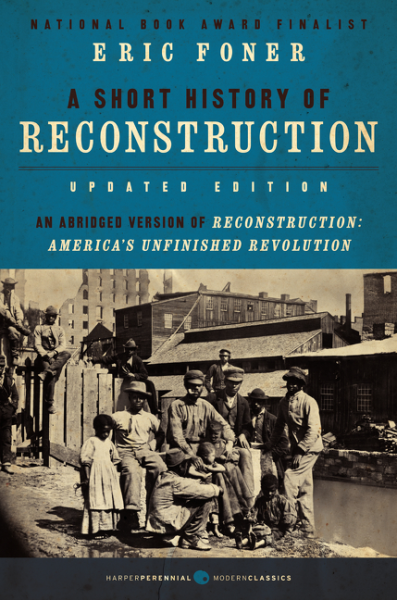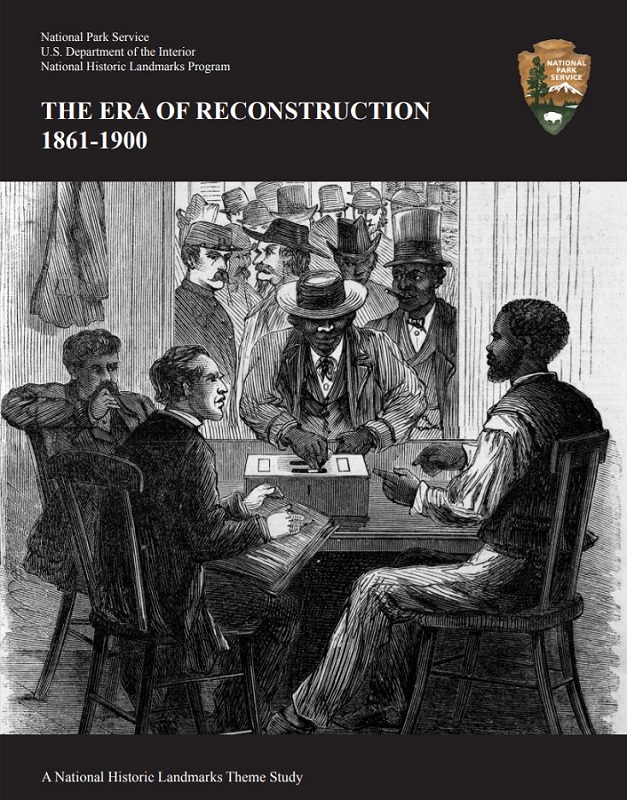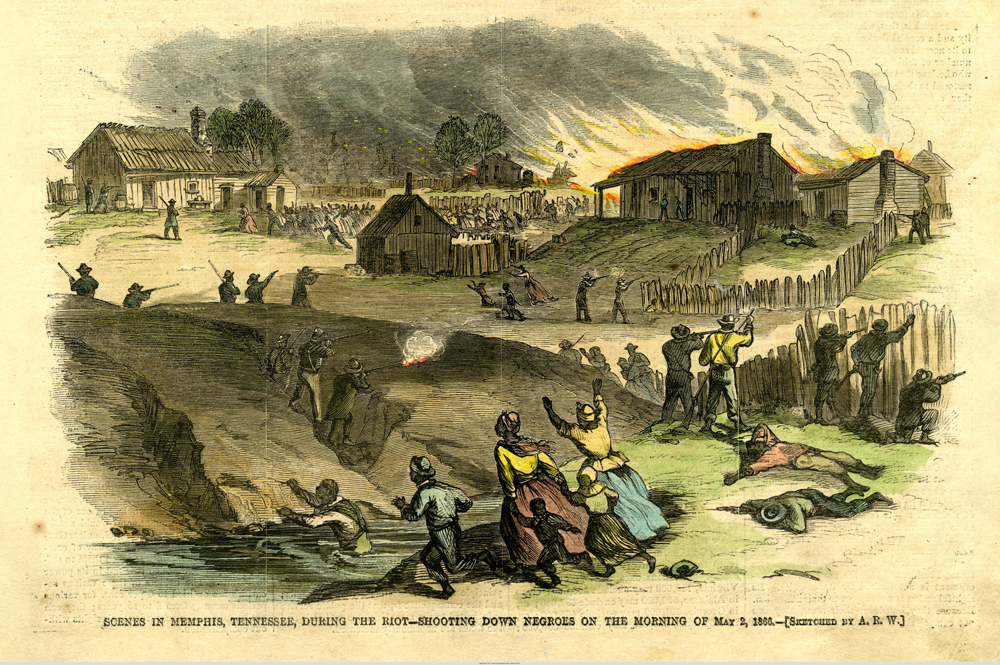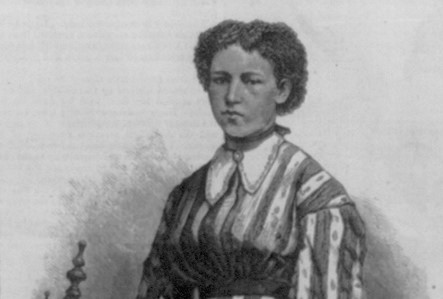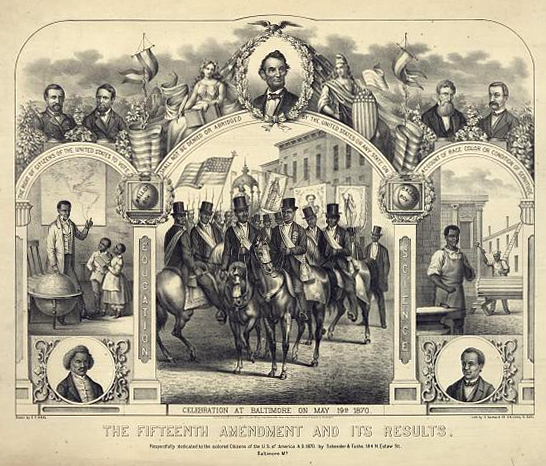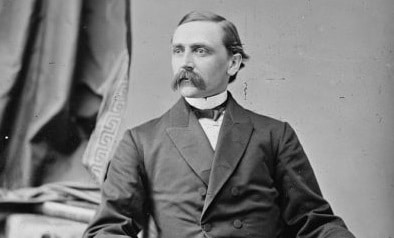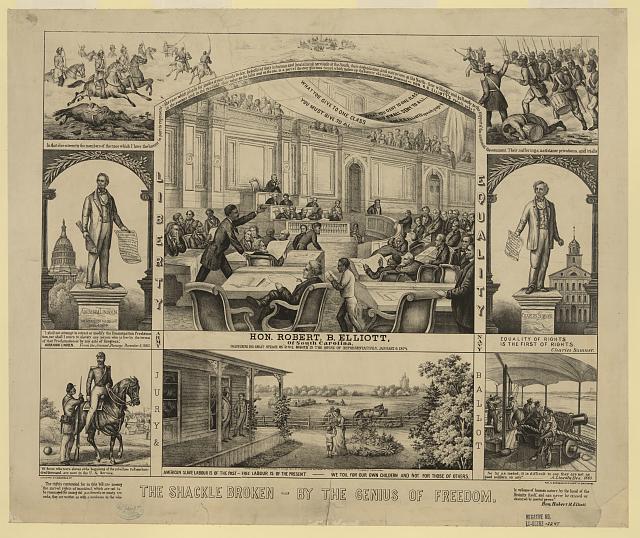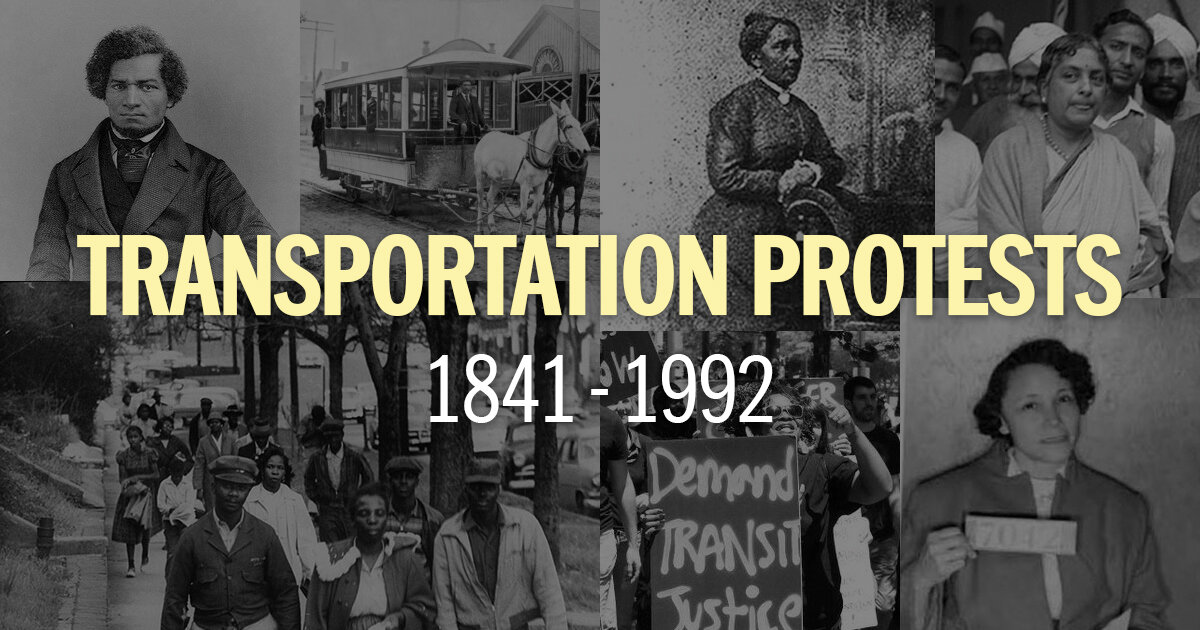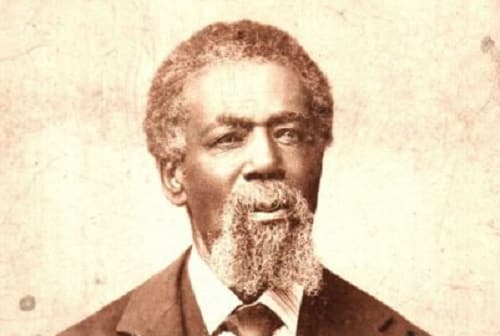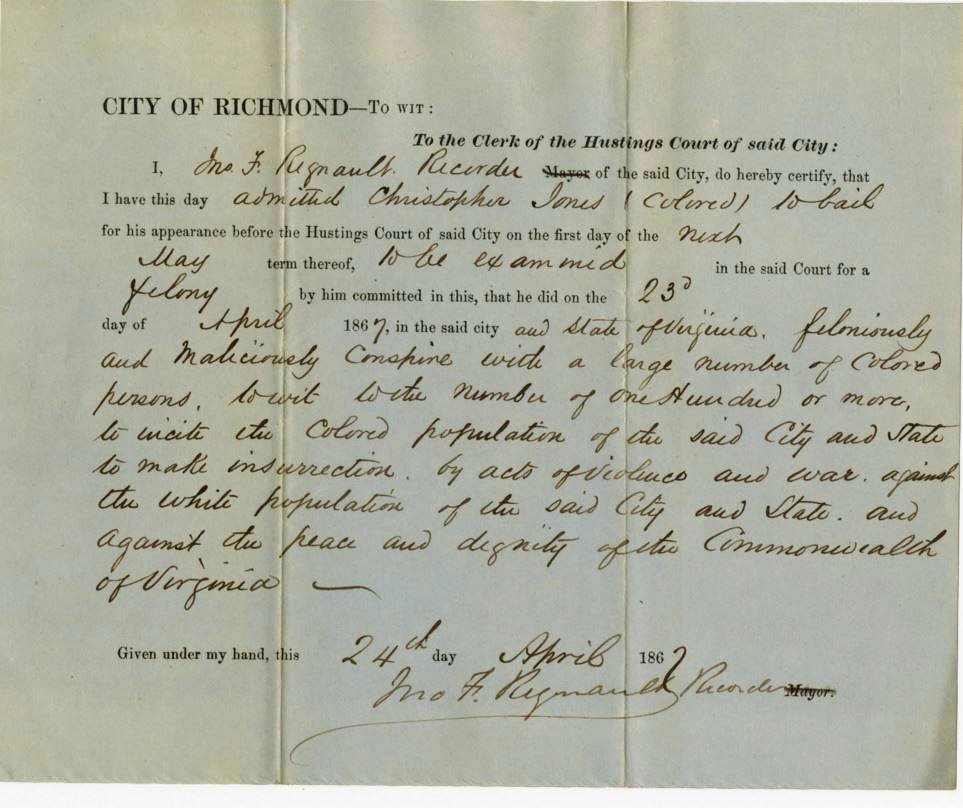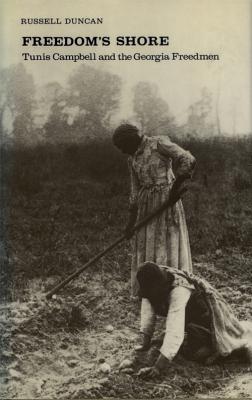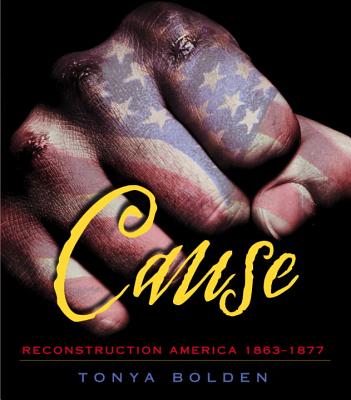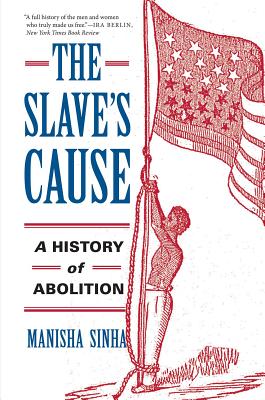Book — Non-fiction. By Howard Zinn. 2005, with a new introduction by Anthony Arnove in 2015. 784 pages.
Howard Zinn's groundbreaking work on U.S. history. This book details lives and facts rarely included in textbooks—an indispensable teacher and student resource.
Continue reading
Article. Background reading for teachers. By Bill Bigelow. 4 pages.
A review of Freedom's Unfinished Revolution, a collection of primary documents for high school on the Civil War and Reconstruction.
Continue reading
Book — Non-fiction. By James Loewen. 2018. 592 pages.
Documents the history of towns across the United States that exclude African Americans (and other racial/ethnic groups) after sundown.
Continue reading
Book — Non-fiction and CD. Edited by Ira Berlin, Marc Favreau, and Steven F. Miller. Foreword by Robin D.G. Kelley. 2007. 359 pages.
Oral histories of first-person accounts of slavery.
Continue reading
Audio. By Howard Zinn. Read by Matt Damon. 2003. 8 hours, 44 minutes.
Audio book version of excerpted highlights from A People's History of the United States.
Continue reading
Book — Fiction. By Harriette Gillem Robinet. 1998. 144 pages.
Historical fiction featuring 12-year-old Pascal, 8-year-old Nellie, and their older brother Gideon, a Union Army aide, as they claim and farm the land promised to them during Reconstruction.
Continue reading
Film clip. Voices of a People's History.
Henry McNeal Turner's "Eligibility of Colored Members to Seats in the Georgia Legislature" (1868), read by Danny Glover.
Continue reading
Article. By David W. Blight. 2011.
The people's history of Memorial Day in Charleston, South Carolina during Reconstruction.
Continue reading
Digital collection. The work of Dr. Louis Charles Roudanez, founder of the first Black daily newspaper in the U.S., the New Orleans Tribune, with articles, excerpts, videos, and a timeline.
Continue reading
Film. By Sam Pollard, Catherine Allan, Douglas Blackmon and Sheila Curran Bernard. 2012. 90 minutes.
Reveals the interlocking forces in the South and the North that enabled “neoslavery” post-Emancipation Proclamation.
Continue reading
Lesson. By Bill Bigelow. 17 pages.
This role play engages students in thinking about what freedpeople needed in order to achieve — and sustain — real freedom following the Civil War. It's followed by a chapter from the book Freedom's Unfinished Revolution.
Continue reading
Teaching Guide. By Facing History and Ourselves. 2015.
A collection of lessons, videos, and primary sources to teach about Reconstruction.
Continue reading
Book — Non-fiction. By Eric Foner. 2015. 352 pages.
A people's history view of the Reconstruction era.
Continue reading
Book — Non-fiction. By National Park Service. 2017. 165 pages.
A theme study on the history of the Reconstruction era.
Continue reading
White civilians and police killed 46 African Americans and injured many more while burning houses, schools, and churches in Memphis, Tennessee.
Continue reading
A group of Confederate veterans in Louisiana formed the White League with the goal of using terrorism to undermine Reconstruction.
Continue reading
The 15th Amendment to the United States Constitution officially granted African American men the right to vote.
Continue reading
Adelbert Ames become the elected governor of Mississippi during the Reconstruction era.
Continue reading
Rep. Robert B. Elliott gave a speech to advocate for the Civil Rights Act, which passed a year later.
Continue reading
Staged ride-ins during Reconstruction in South Carolina were among the first (recorded) organized protests of segregation on a streetcar.
Continue reading
The 15th Amendment to the United States Constitution was formally adopted.
Continue reading
African Americans in Richmond, Virginia organized protests against segregated streetcars.
Continue reading
Book — Non-fiction. By Russell Duncan. 1986. 192 pages.
Freedom’s Shore tells the incredible story of Tunis Campbell, a Northern abolitionist minister who heads South after the Civil War to help freedpeople in Georgia.
Continue reading
Book — Non-fiction. By Tonya Bolden. 2014. 138 pages.
One of the few non-fiction texts on Reconstruction aimed at young readers, Cause is a strong alternative to the textbook treatment of the era.
Continue reading
Book — Non-fiction. By Manisha Sinha. 2017. 784 pages.
A groundbreaking history of abolition that recovers the largely forgotten role of African Americans in the long march toward emancipation from the American Revolution through the Civil War.
Continue reading

